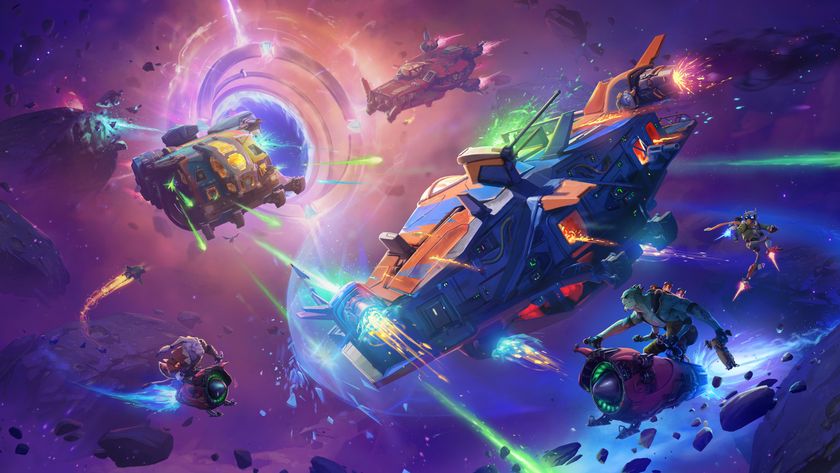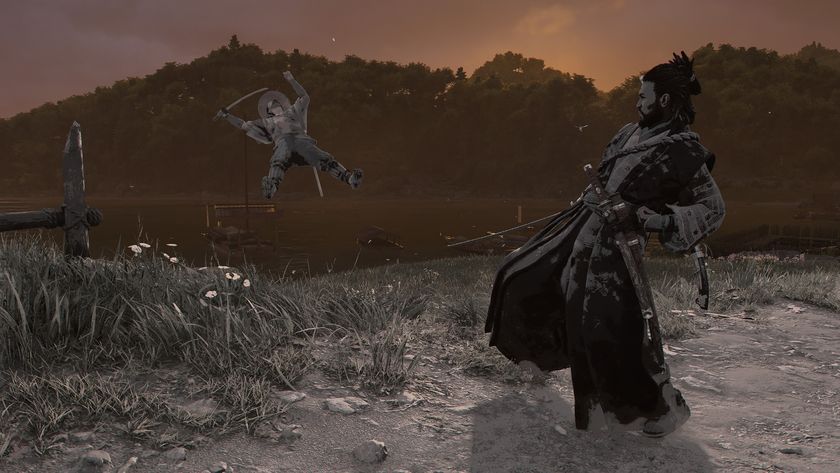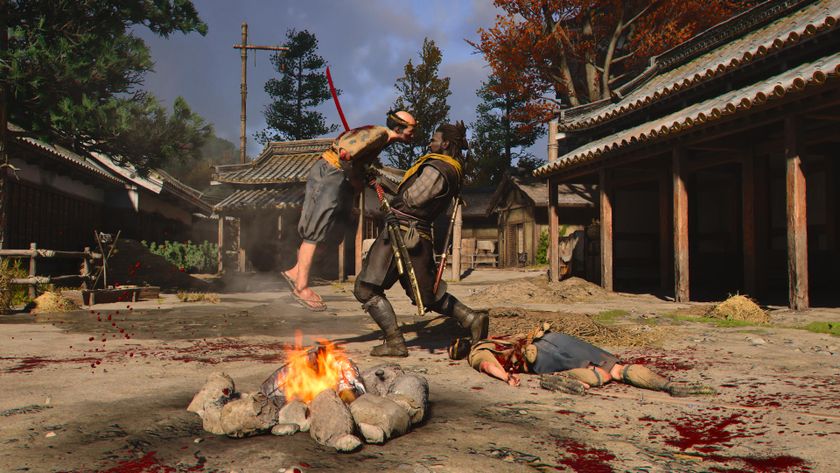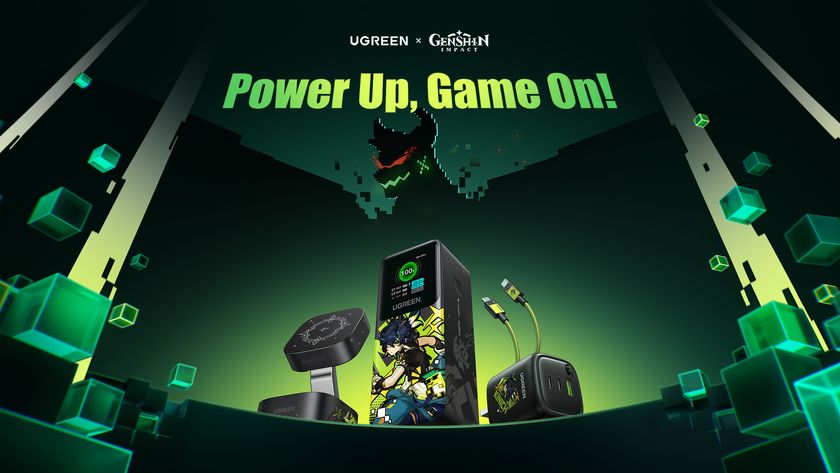Watch your Six: Why the Little Nightmares 2 ending isn't quite what you think it is
How a suitcase changes everything we thought we knew about the Little Nightmares 2 timeline
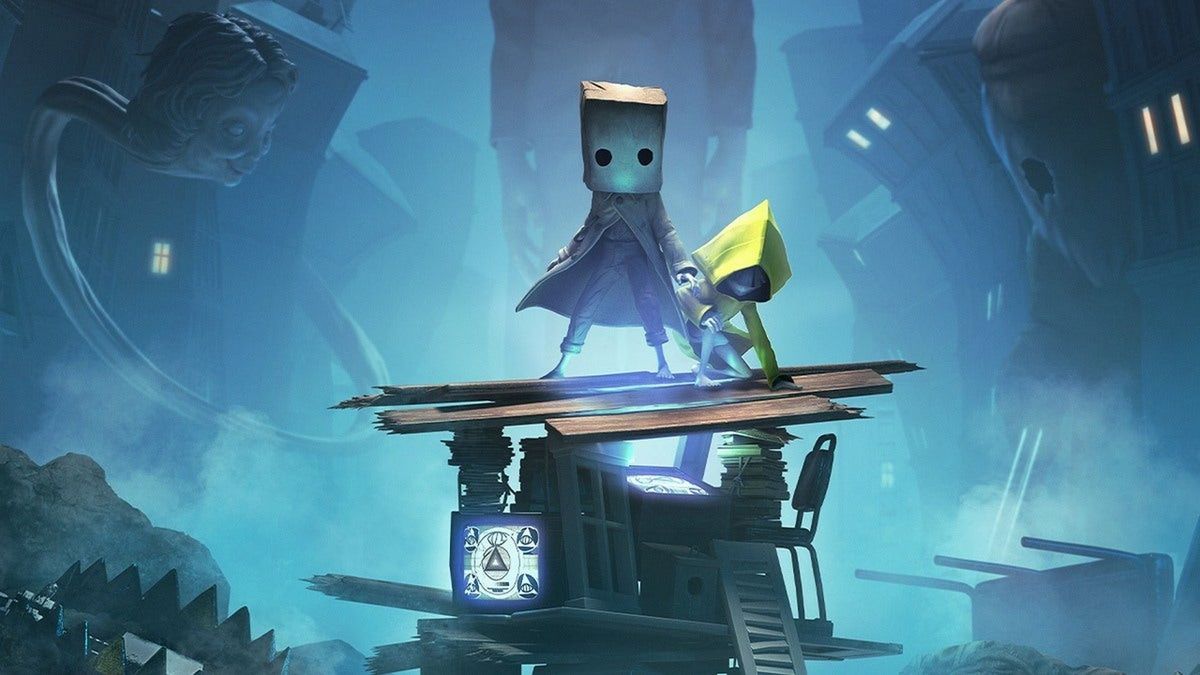
Warning: This article contains spoilers for both Little Nightmares games, including the Secrets of the Maw DLC, so read on at your own risk...
The Pale City, true to its name, is a world devoid of both colour and kindness. It's horribly dark here; dark, dank, and desperate. Everything looms large – not just the buildings and doorways but the furniture, too, as though you've accidentally slipped inside a hall of mirrors at the funfair.
Even the things that should be sized proportionately for little people – such as the books and toys and toilet bowls in the school – tower over you. There are a million different ways to die. A million different ways to execute others. You can't shake the certainty that this is a world that doesn't care if you kill or be killed as long as someone's blood is spilt.
The symbolism woven throughout Little Nightmares 2 isn't hard to translate, of course: it's patently clear that we don't belong here. No child belongs here. We are a tiny speck of nothingness here, a being so small and insignificant there's no need to ensure little hands can comfortably reach the doorknobs or light switches. Later, when you tiptoe through a building that masquerades as a school but is, in truth, just a sick facsimile of one, you'll be surrounded by other small people, but like you, they can't move around freely, either. There's the cloying sense that their imprisonment is intentional.
Seven deadly sins and a girl called Six
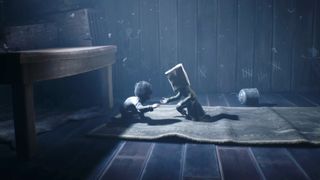
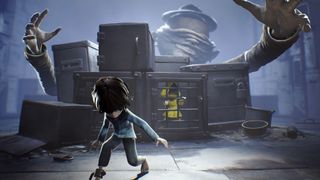
Admittedly, other motifs secreted throughout the Little Nightmares series aren't particularly subtle, either. Given the first game was a horrifying exploration of gluttony, plenty of fans speculated at the time that the series' principal themes are drawn from the Seven Deadly Sins. The second instalment only adds to the speculation thanks to its sick, zombified people so obsessed with TV, they are shambling, shuffling epitomes of Sloth, while The Lady from the first game, entranced by her own reflection, resembles Pride. As for Six herself, the hungry protagonist from the first game and our companion through much of the second? Well, what is she if not the living, breathing embodiment of Wrath?
While the sequel focuses on a different protagonist here – a small boy known only as Mono – Six feels omnipresent, even when the brave duo are forced to separate. But while Mono will fight to survive, Six's actions hint at a malevolence that continues to shock, even after that final scene in the preceding game. It's hard to hold it against her, of course; from the brutal playground games of the hollow-skulled puppets to the abominations waiting for you in the darkness of the hospital wards, the odds of surviving this place are already shockingly low. There is simply no time to huddle in a corner and indulge a crisis of conscience.
Like many of us, I started Little Nightmares 2 thinking it was a sequel. When Mono leads his companion to a yellow raincoat, I figured - perhaps like you - Six had, against all odds, relocated her missing coat after somehow losing it after the events of the first game. Partway through, however, it felt as though it may actually be a prequel, and Six had perhaps actually discovered the coat for the very first time. But then I saw the suitcase.
Sign up to the 12DOVE Newsletter
Weekly digests, tales from the communities you love, and more
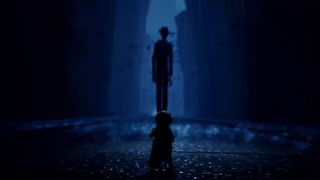
Six starts the first game by jolting awake in an oversized suitcase. That same suitcase - complete with the two photos taped carefully to the underside of the lid - can be spied near the end of the second game, too, although it has now been crushed beneath the weight of Nightmare Six. It's heartbreaking, spotting that smushed up makeshift bed, because it was a sign that Six was still there inside this wailing monster, hidden within. That even in that state, she craves something familiar. Something homely. That even twisted and deformed, she still sought out the comfort of her little suitcase bed, just like the music box.
The suitcase isn't smushed in the first game though, is it? If the suitcase isn't broken at the beginning of the first instalment, then Little Nightmares 2 simply cannot be a prequel. Beyond Six herself and her rain slicker, there are no distinct props that tie us to the original game other than that suitcase. And the fact it looks demonstrably different from the first game means we cannot be looking at a linear sequel.
But given what we know of the loop poor Mono and Six are stuck within – a monstrous merry-go-round with no happy ending for either child – I don't think it's strictly a sequel, either. Instead, perhaps inexplicably, I wonder if it's somehow both a prequel and a sequel, an imperfect soup of both past and present and maybe even future events. As the Tenth Doctor so eloquently put it: "People assume that time is a strict progression of cause to effect, but actually, from a nonlinear, non-subjective viewpoint, it's more like a big ball of wibbly-wobbly, timey-wimey... stuff". Maybe time here isn't just looping as much as it's just… well, broken, like everything else in this city.
It's this that makes Six such a compelling character, isn't it? A complex being with imperfect thoughts, ravaged not just by physical starvation but a desperate hunger for revenge, too. And while all seems to become clear during those closing moments of Little Nightmares 2 – the girl intentionally withdraws her arm away and watches on, unflinching, as Mono plummets to what can only be presumed to be his death – it's easy to dismiss the many, many times she chose to save his life, too.
Six in the city
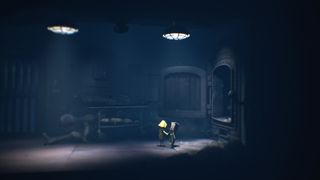
"There's still so much we still don't know about Six, Mono, and their terrifying journeys."
Because Six did save Mono, you know. Over and over again, pulling him free from the strange world behind the television set's glass; catching his wrist as they leapt to escape the clutches of one nightmarish creature after the other. Six's behaviour does indeed hint at a dark, troubled soul, yes, but up until that point, there was nothing to suggest she was capable of such wretched wickedness, and especially not to the only person who had ever shown her kindness. After all, Mono chose to give her that raincoat in the rainstorm.
It's possible that when Mono lost his mask after his encounter with the Thin Man, she saw his face for the first time and realised both he and their pursuer were one and the same. This is a painful but plausible scenario, not least because it may explain why Mono wears a bag over his head in the first place (and perhaps hints that our charming protagonist has been intentionally concealing his identity – and therefore deliberately misleading Six – from the off).
Some fans suggest the Little Nightmares 2 secret ending that unlocks when you locate all "glitched" children secreted throughout the Pale City intimates that Six drops Mono out of altruism, not malevolence. On emerging from the TV set for the final time, she grasps her stomach in the grip of a painful stomach cramp, inferring she desperately needs to eat something.
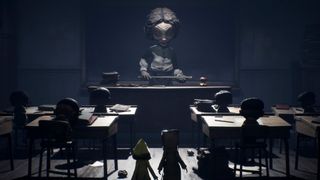
It's led some theorists to purport she dropped him in order to avoid doing what we saw her do to The Runaway Kid from Secrets of the Maw, but I'm less convinced of this one. Six's stomach typically growls for a long time before she succumbs to her hunger in the original game, and while they were admittedly a tad preoccupied, there were no such telltale sounds as she and Mono fled the Signal Tower.
There's more, of course. The curiously empty clothes you find, oh-so-carefully arranged, in the streets of the Pale City. The fleshy monstrosity of whatever's lying at the heart of the Signal Tower. The unsettling correlation between the puppets' dunces hats and the kind but skittish – not to mention uncannily human-like – nomes that populated the first game. It's to developer Tariser's credit that two games later, there's still so much we still don't know about Six, Mono, and their terrifying journeys.
One thing is clear, though; while right now it's unclear if we'll ever see a third instalment of the unsettling horror series, there are simply too many of us with Six's insatiable hunger for more Little Nightmares to let the story die just yet.
For more, check out our list of the best horror games to play right now, or watch the video below for our full review of The Medium.

Vikki Blake is 12DOVE's Weekend Reporter. Vikki works tirelessly to ensure that you have something to read on the days of the week beginning with 'S', and can also be found contributing to outlets including the BBC, Eurogamer, and GameIndustry.biz. Vikki also runs a weekly games column at NME, and can be frequently found talking about Destiny 2 and Silent Hill on Twitter.
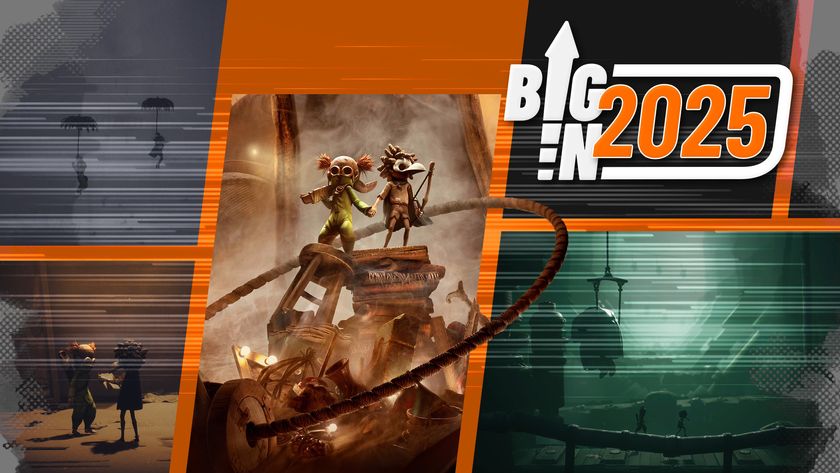
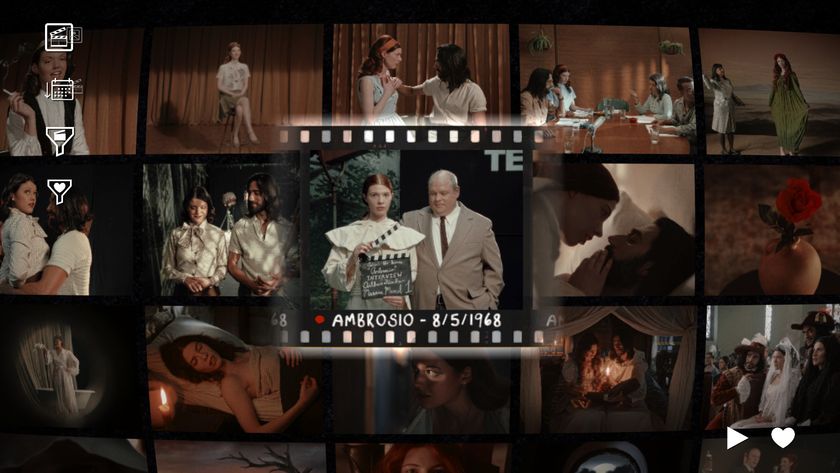
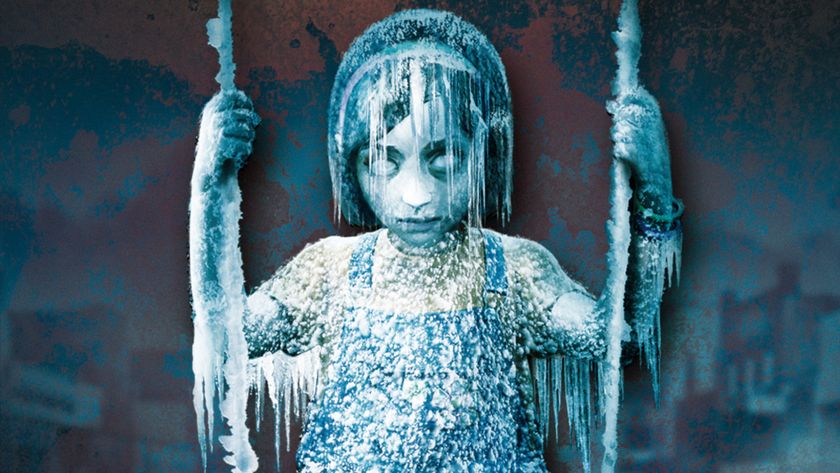
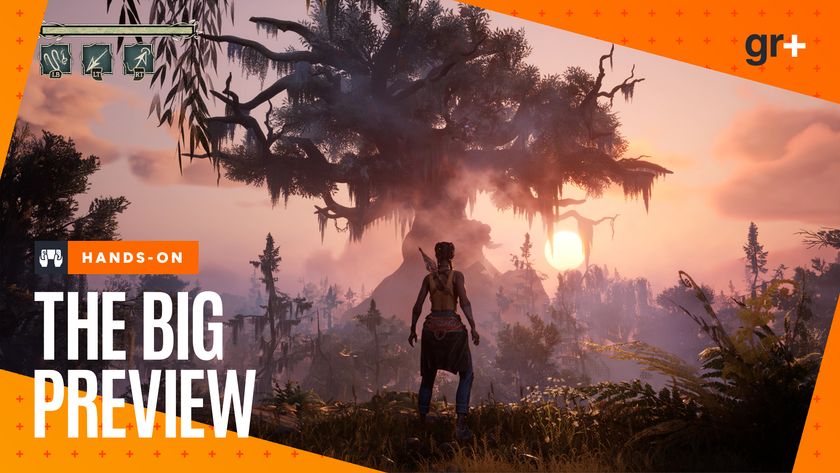
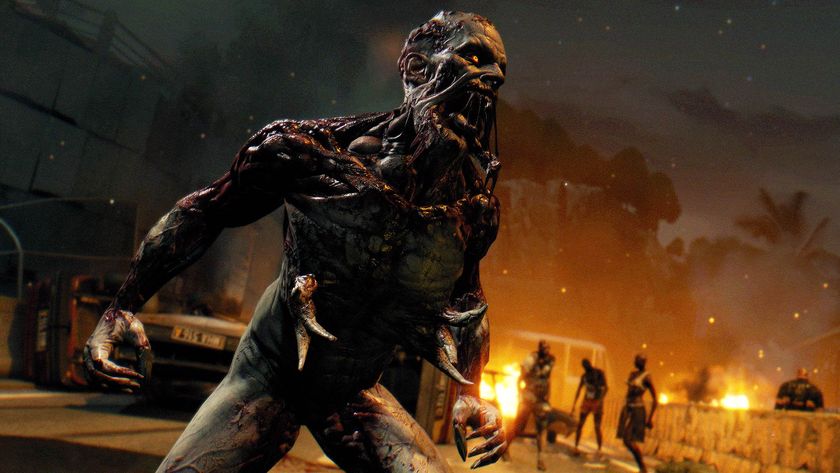
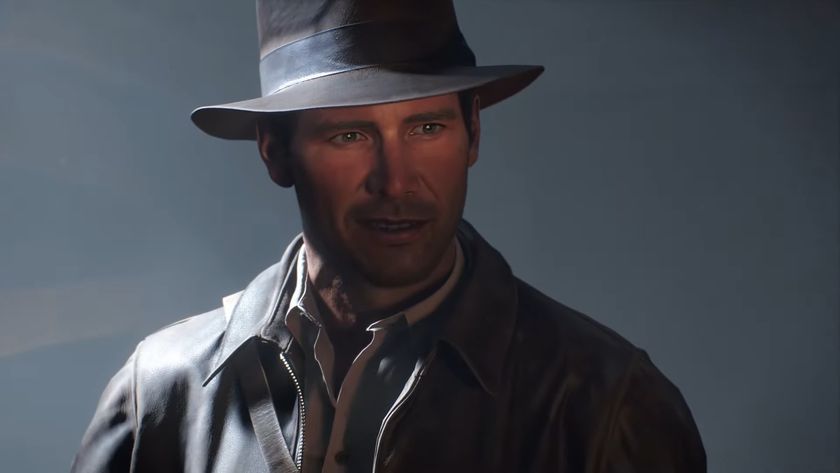
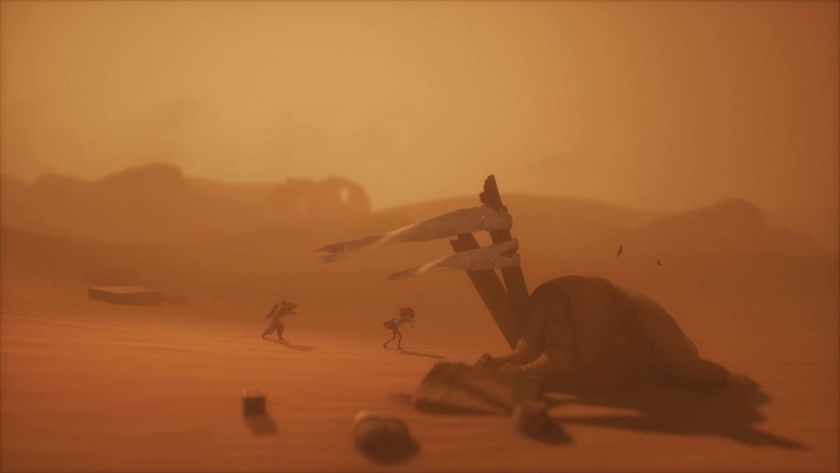
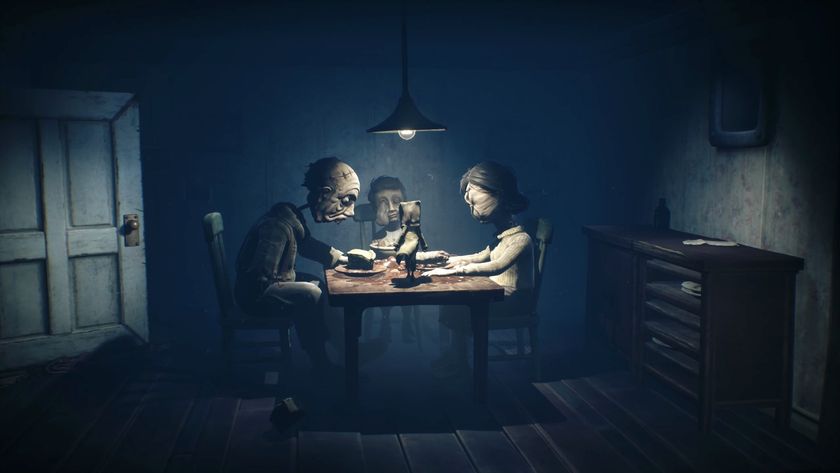
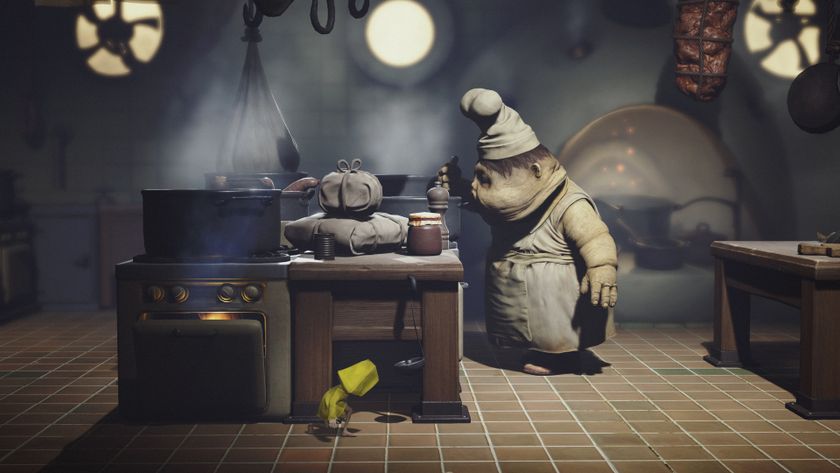
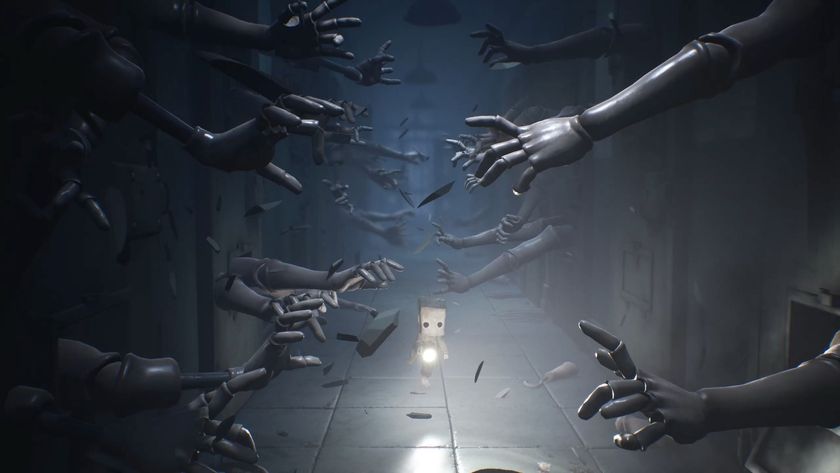

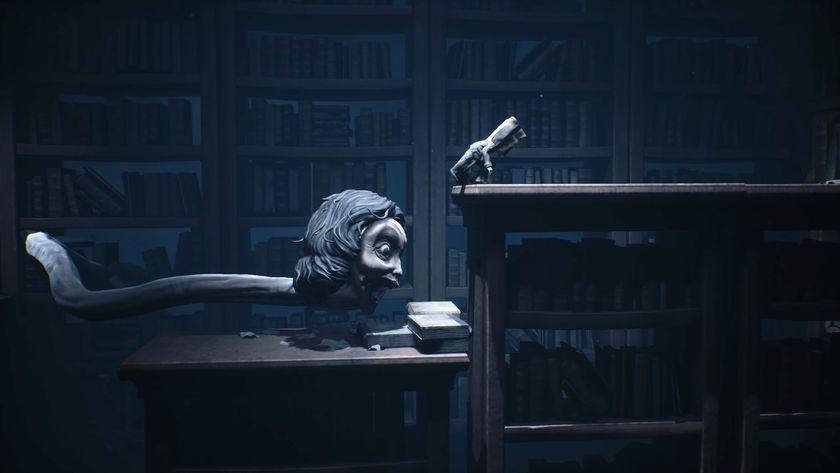
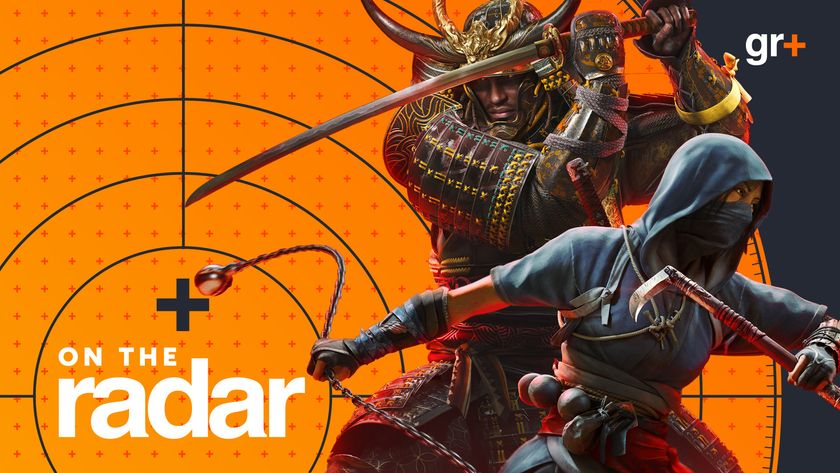
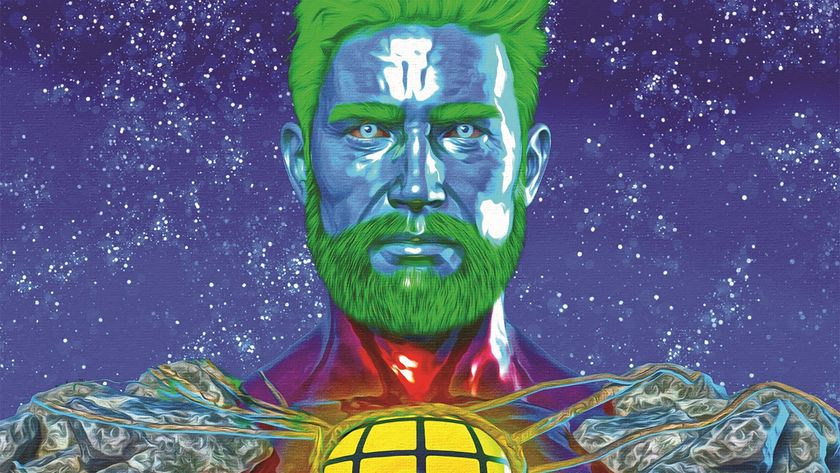
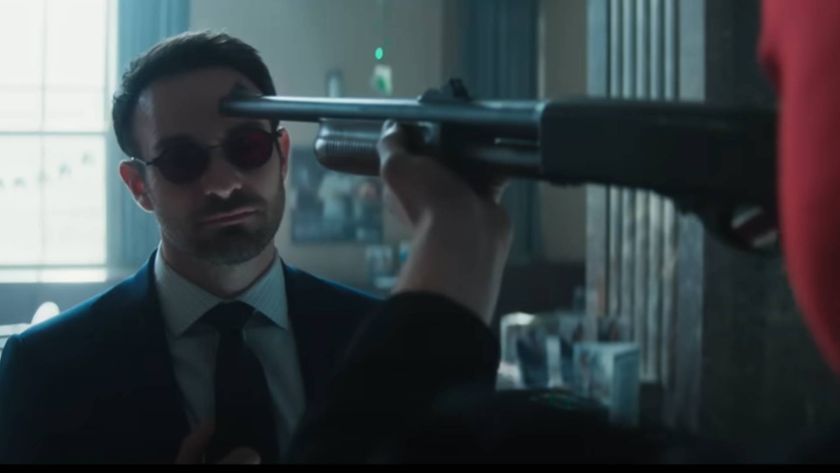
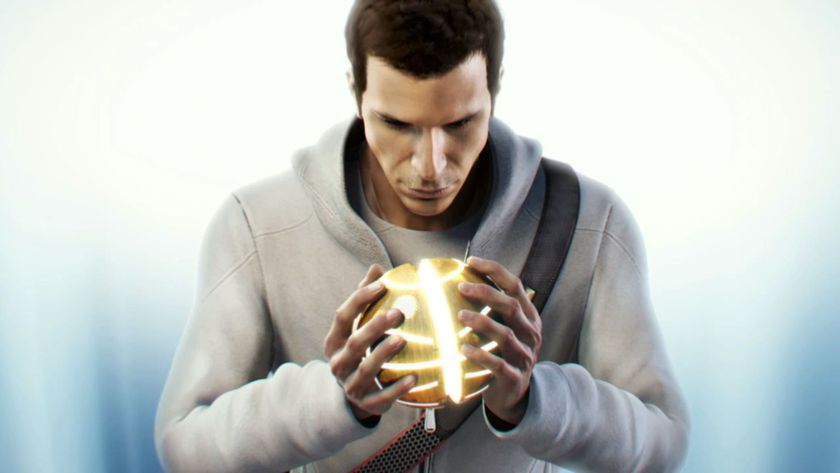
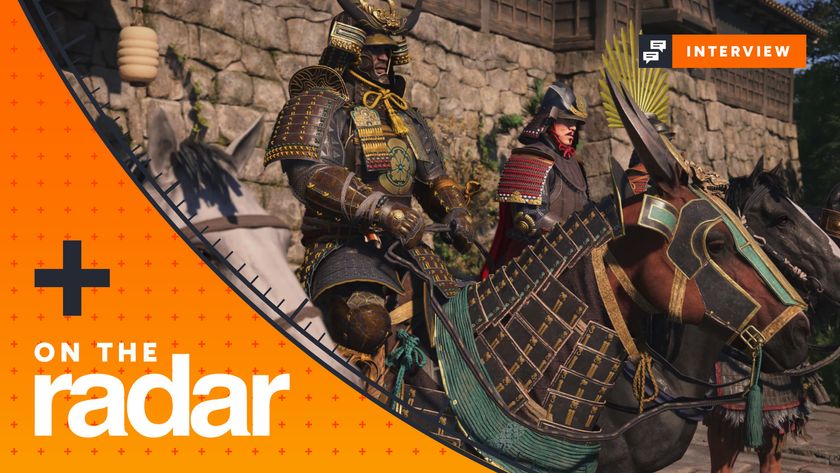
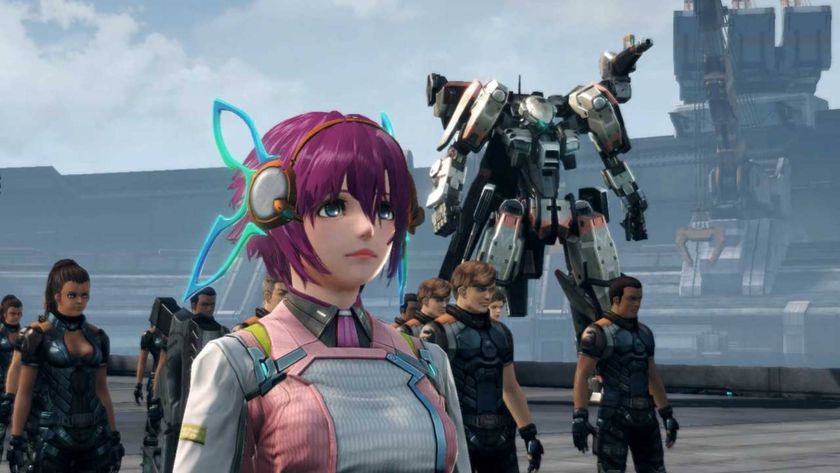

Daredevil: Born Again episode 5 isn't a filler episode, it brings back the magic of old-school episodic TV
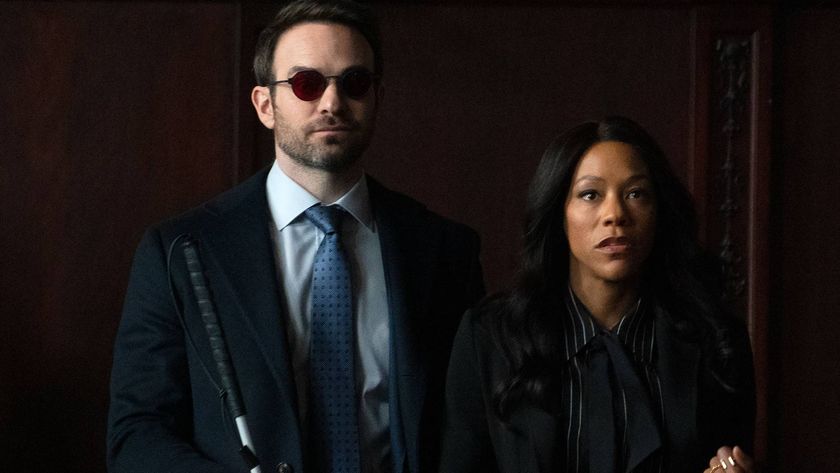
Daredevil: Born Again just made a perfect reference to Matt Murdock's cameo in Spider-Man: No Way Home
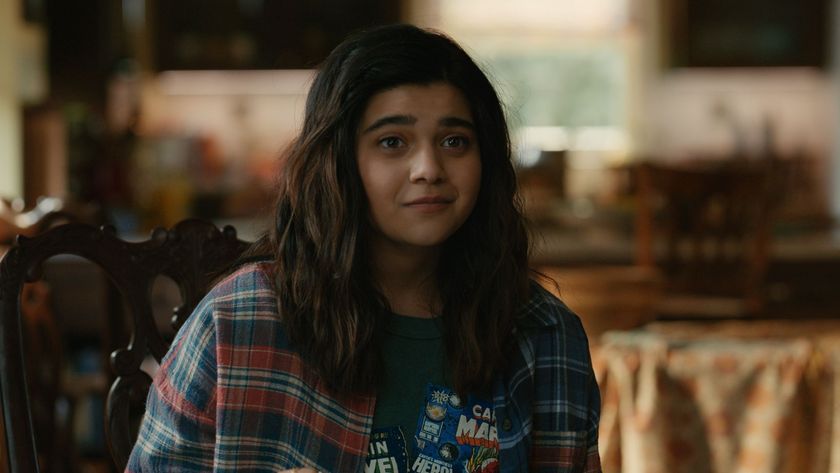
Daredevil: Born Again episode 5 gives an important Ms. Marvel update – and it might have confirmed a major team-up in the next Avengers movie
